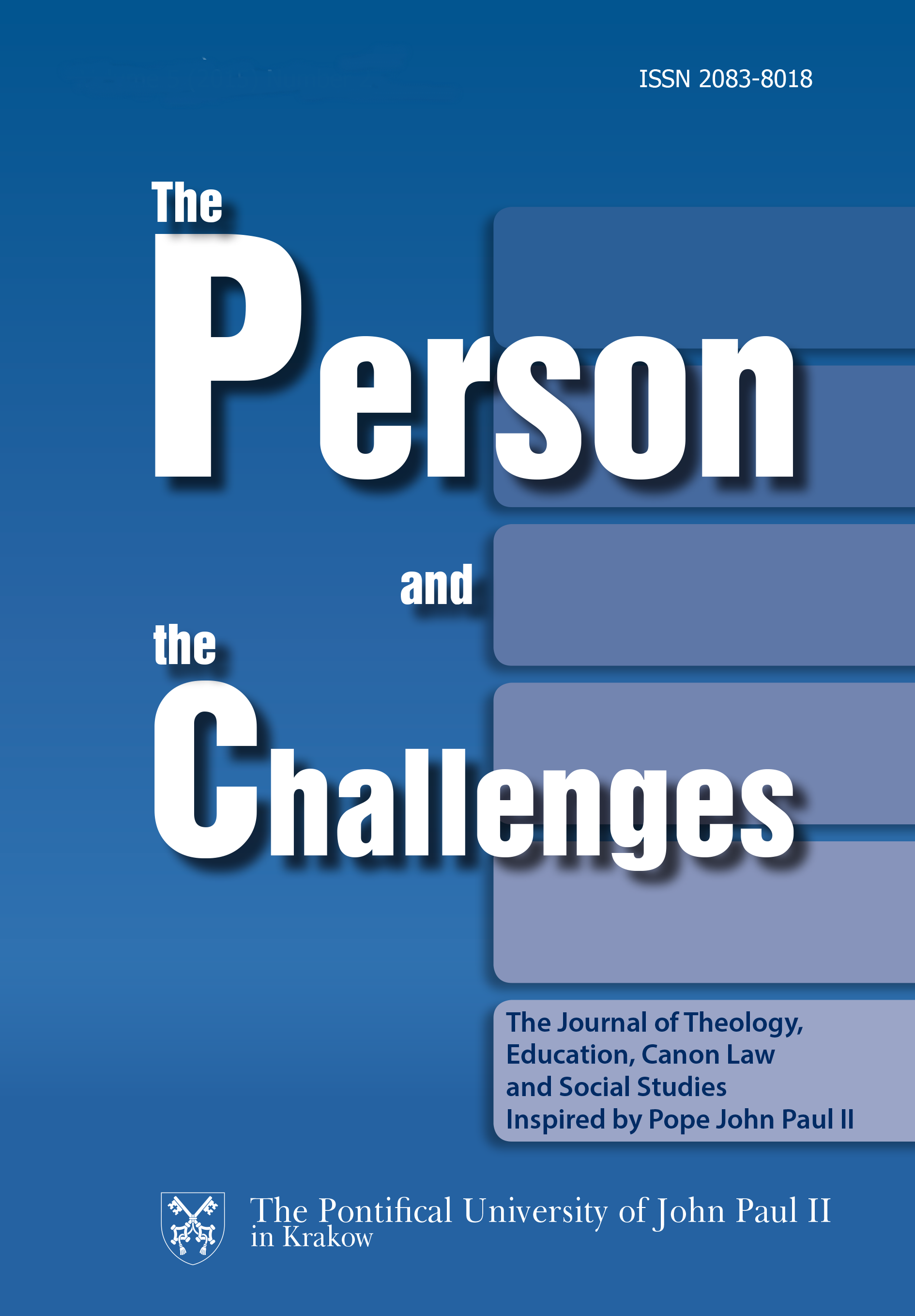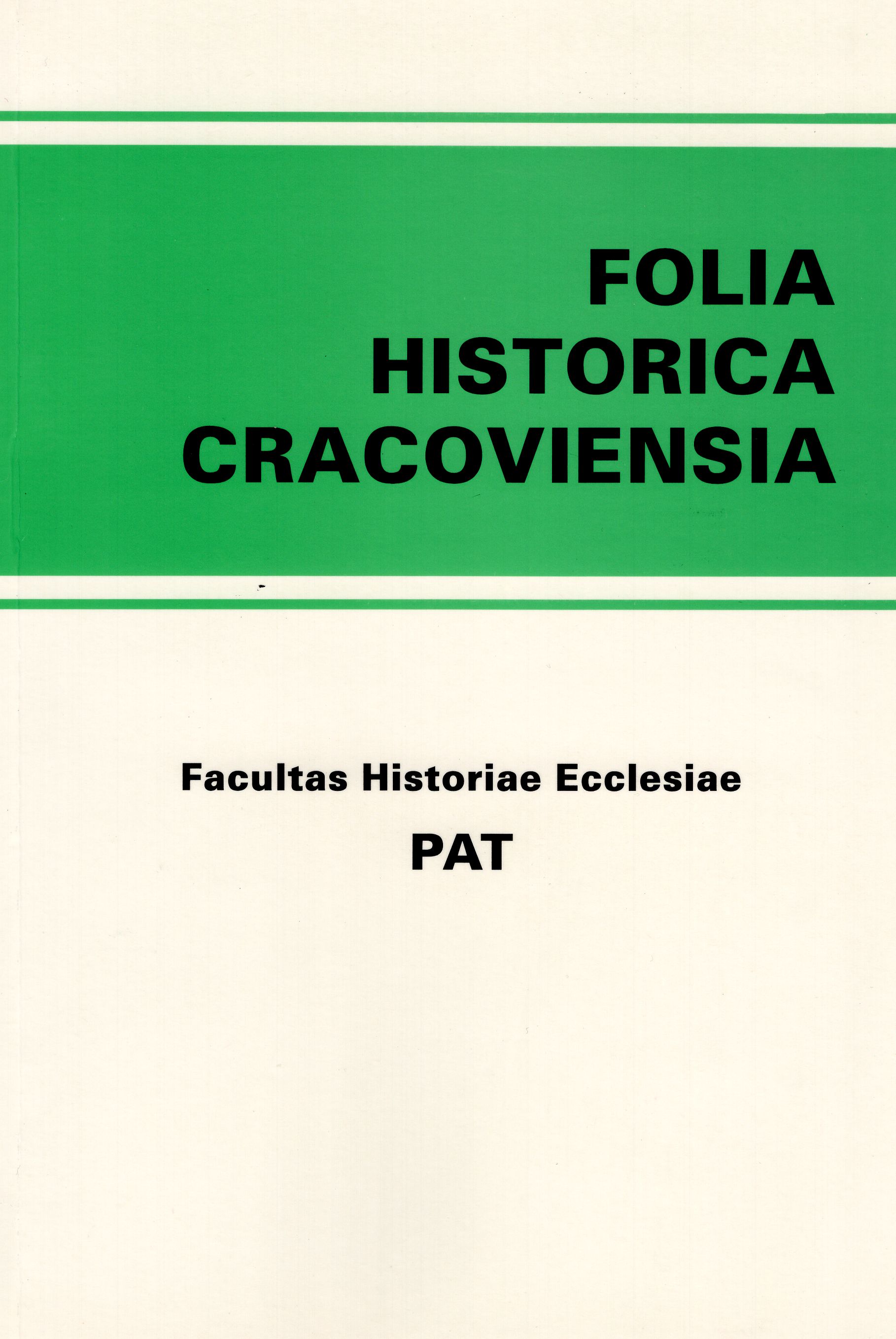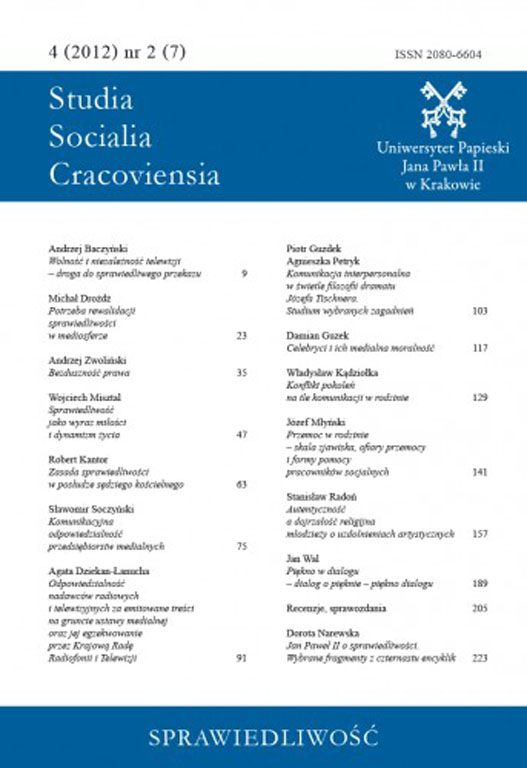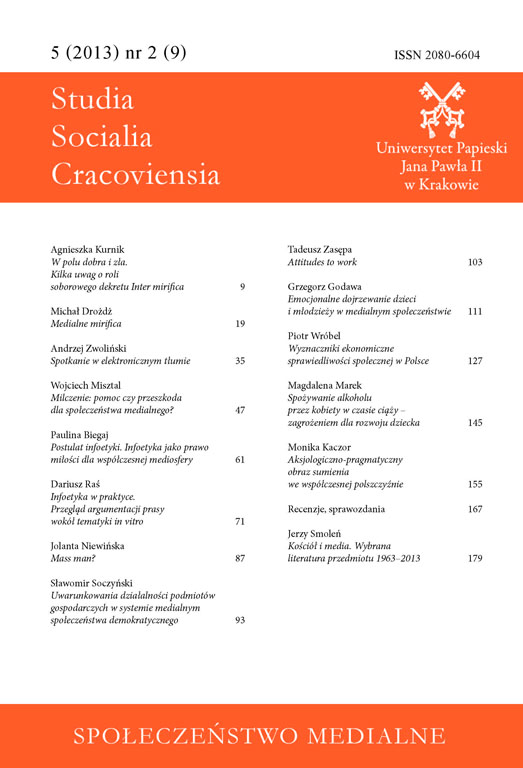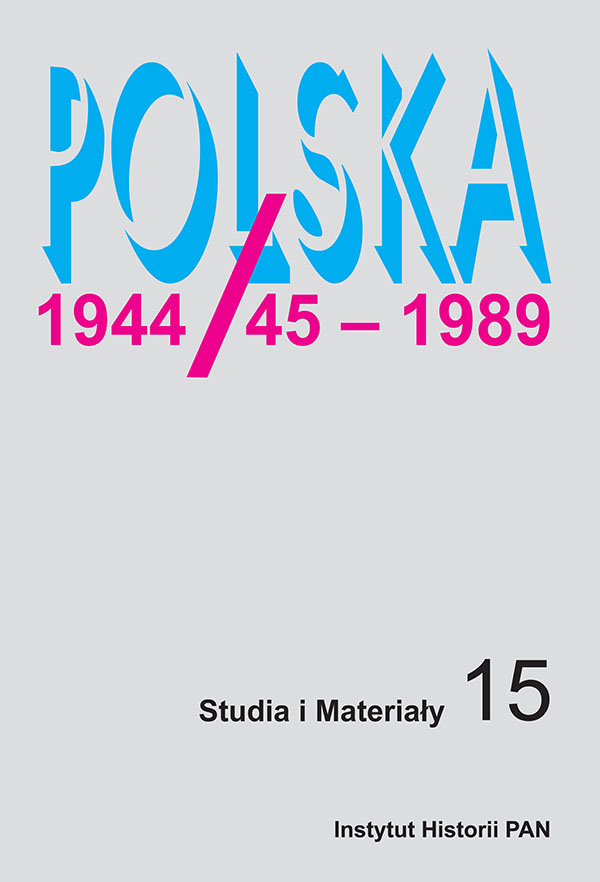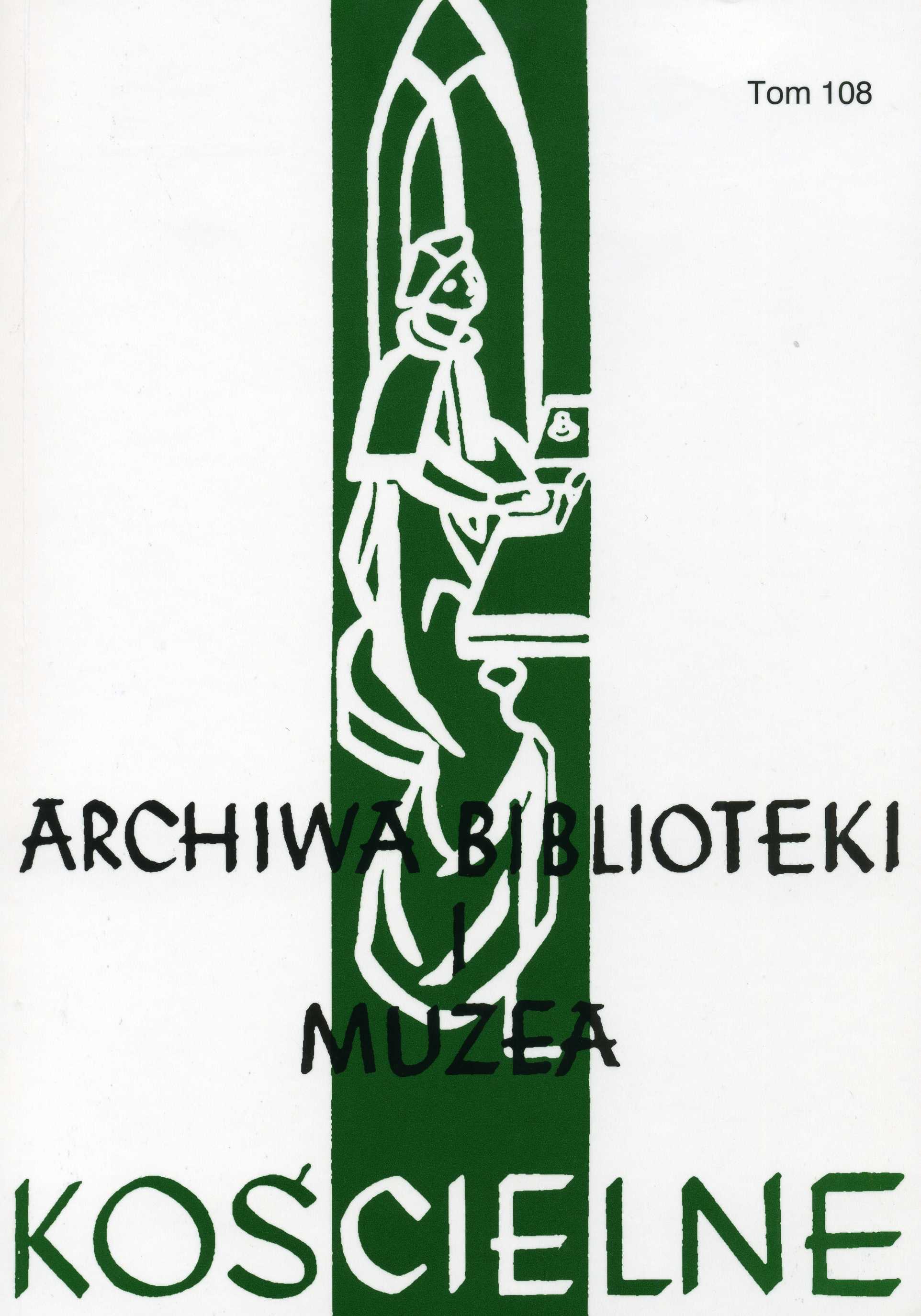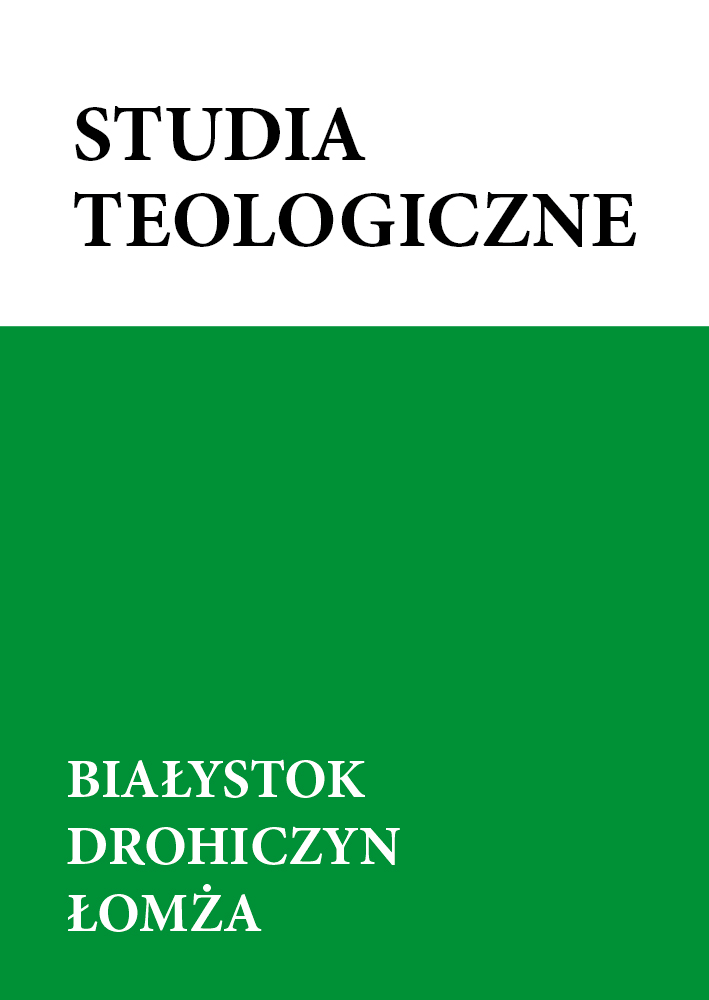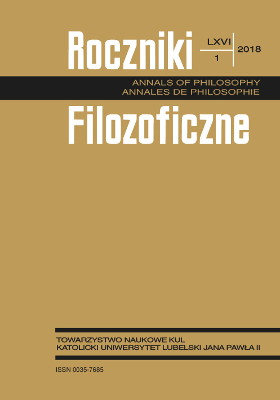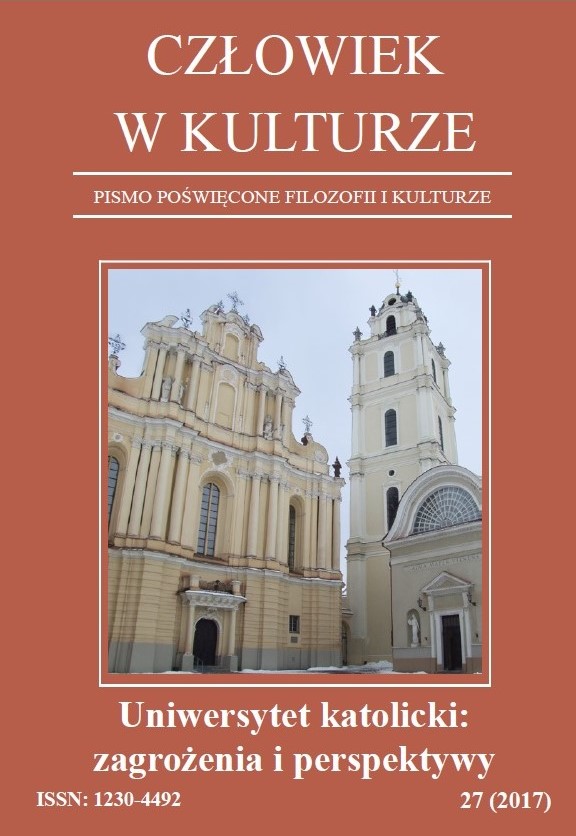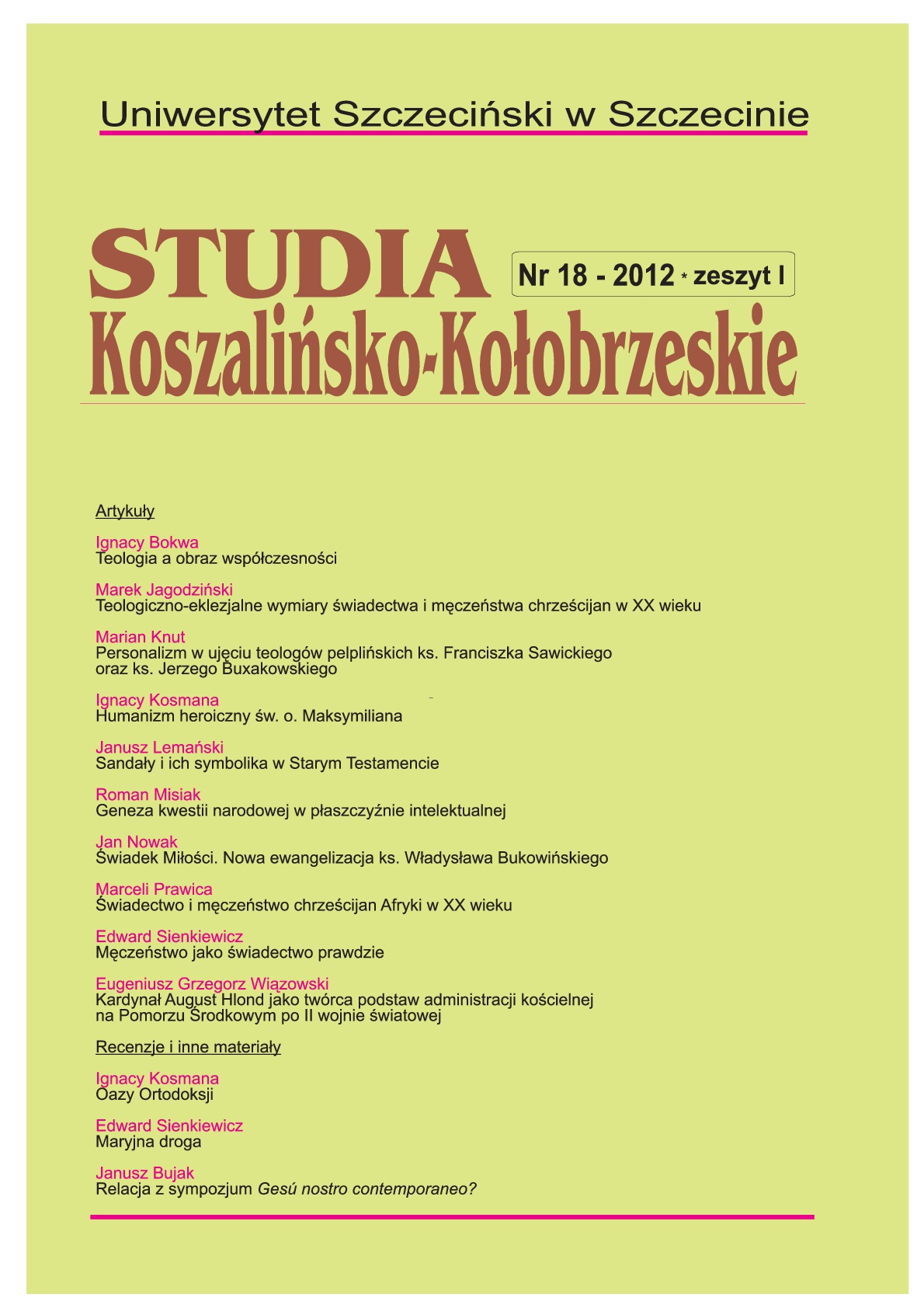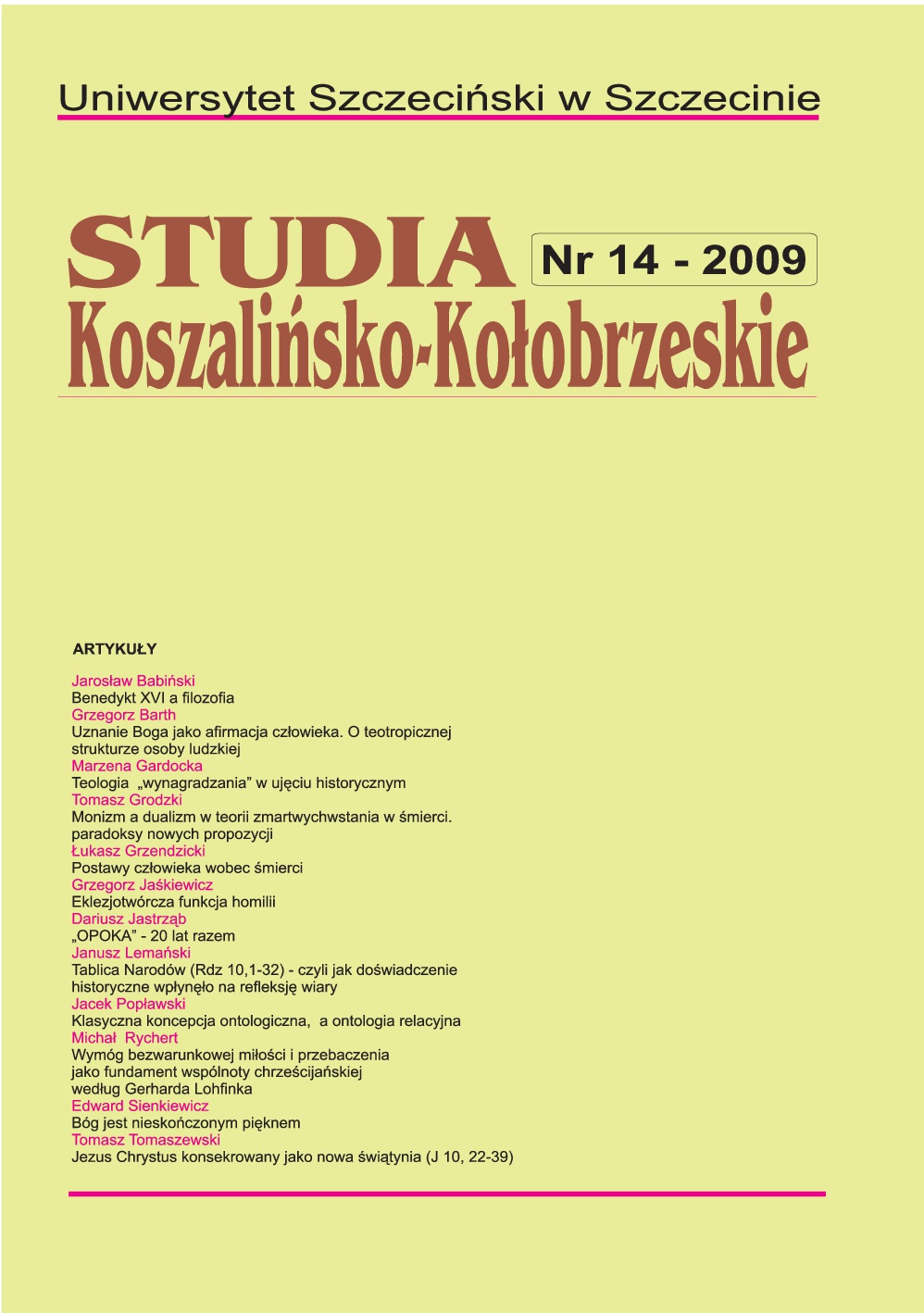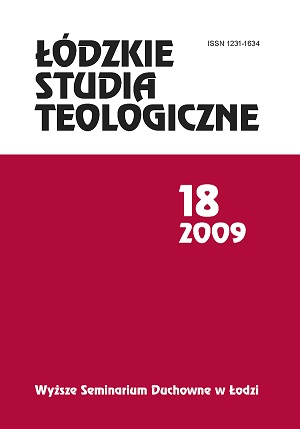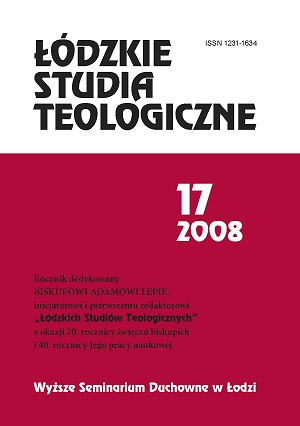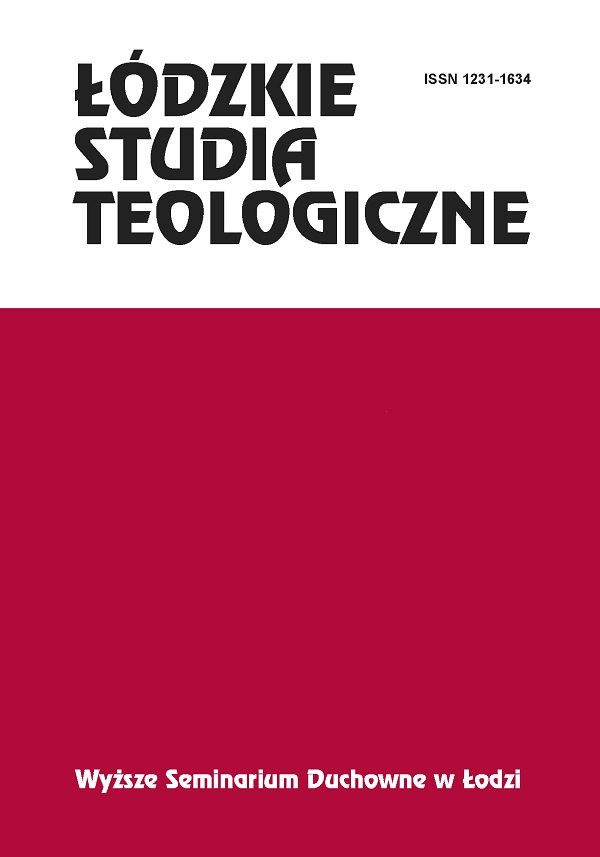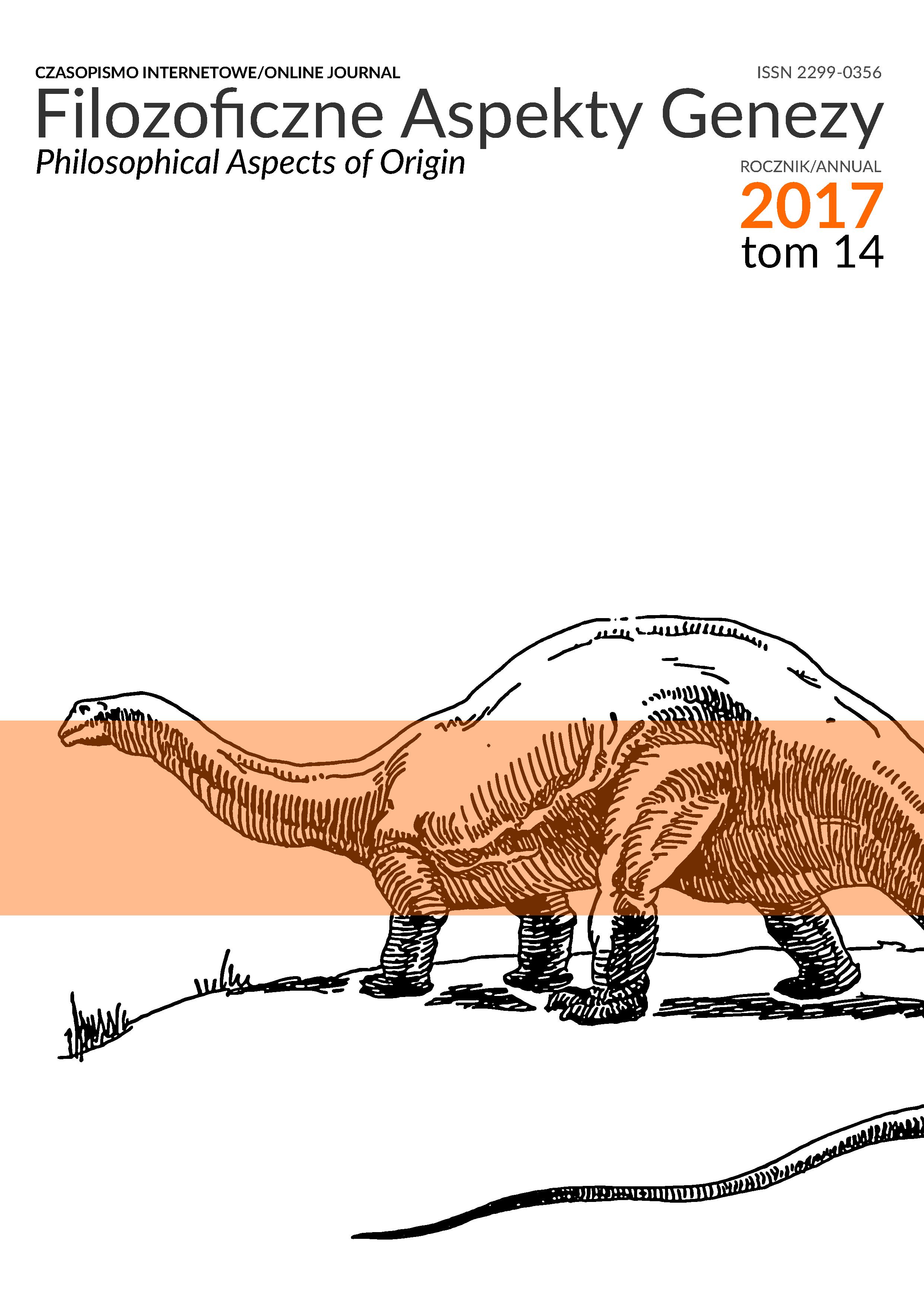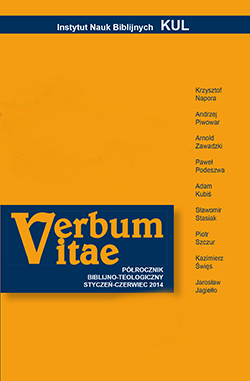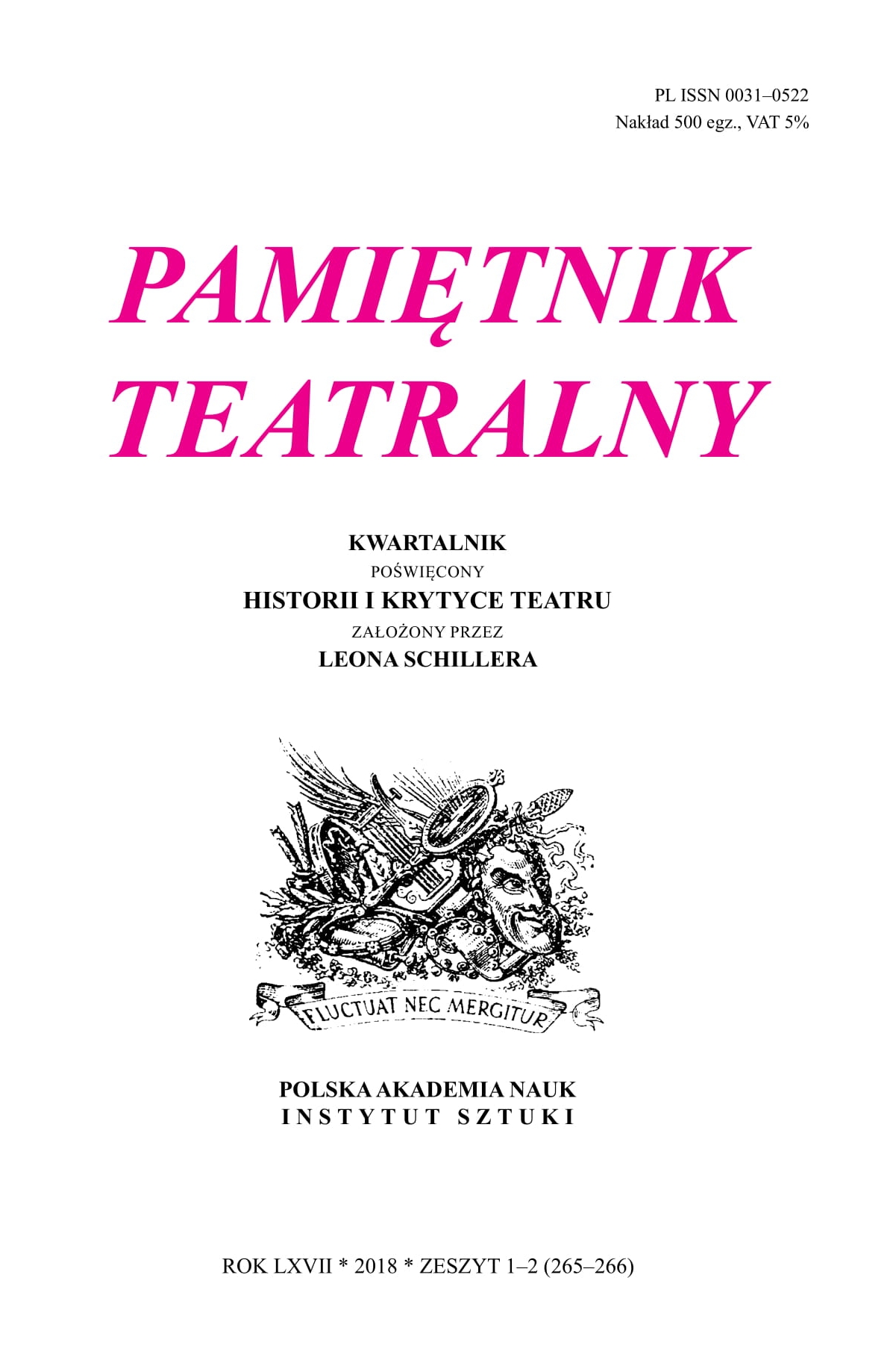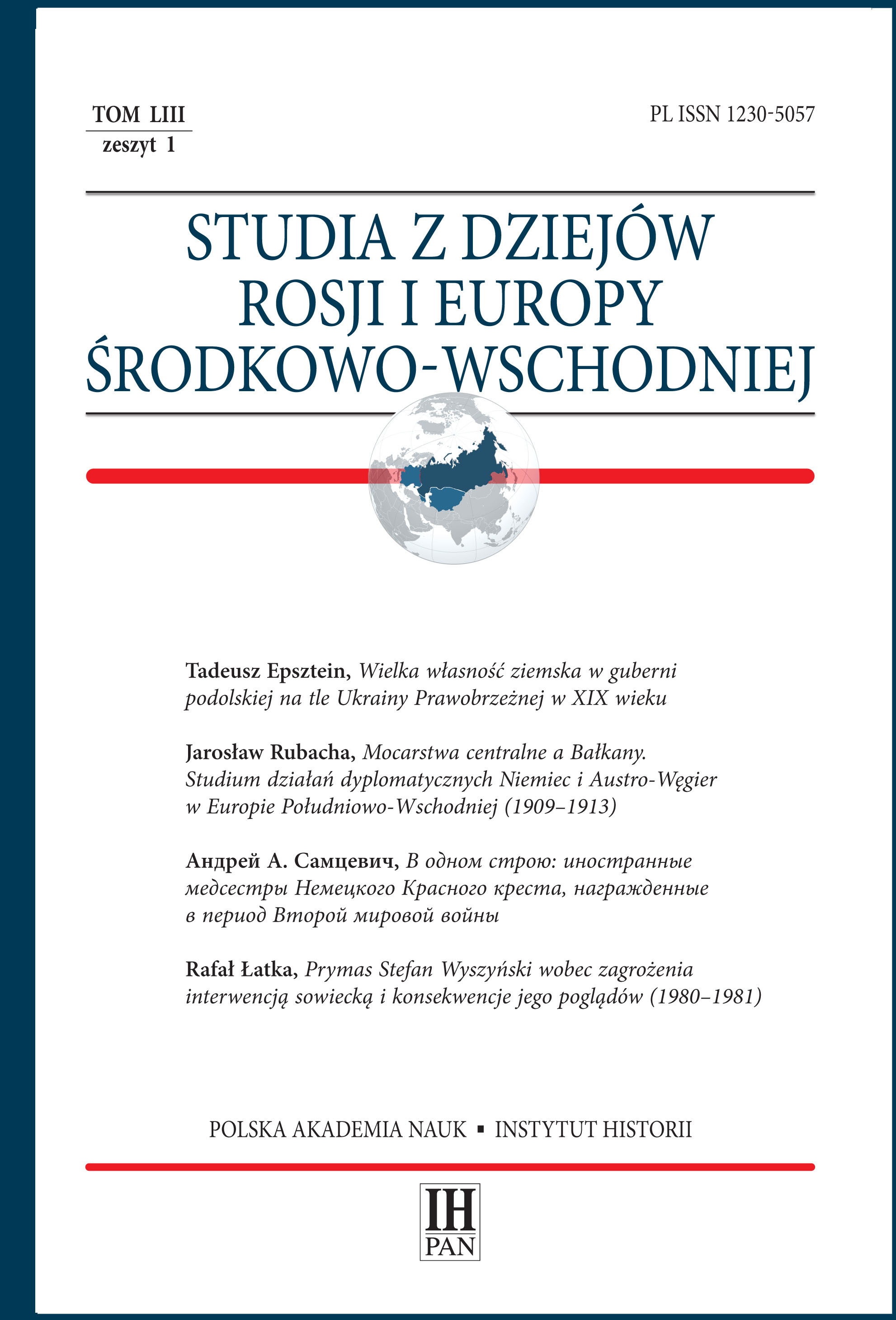„Cóż ci uczyniłam, żeś mnie zbił już trzy razy?” (Lb 22,28). O tym jak oślica przemówiła do pogańskiego proroka
Author(s): Anna Kuśmirek / Language(s): Polish
/ Issue: 32/2017
Keywords: zwierzęta; oślica; Balaam; Księga Liczb 22:21-35; ironia
Wśród osłów, które występują w tekstach biblijnych, wyjątkowe miejsce zajmuje oślica Balaama. Artykuł podejmuje próbę ukazania funkcji, jaką odgrywa ona w opowiadaniu o pogańskim proroku. Przemawia ona bowiem nie tylko ludzkim głosem, ale też widzi więcej niż sam Balaam, słynny pogański prorok. Znaczenie tego zwierzęcia w narracji o Balaamie zostało przedstawione w kontekście jego codziennej roli w Biblii, a także jako motywu literackiego zarówno w Biblii, jak i w literaturze pozabiblijnej. Zarówno z literatury porównawczej, jak i analizy fragmentu Lb 22,21-35 wynika, że ironia sytuacyjna związana z oślicą i jej zachowaniem ma charakter formy interpretacyjnej przekazu biblijnego. Jej rolą jest wzmocnienie tego przekazu. Słynny pogański widzący zostaje wyśmiany, ten, który ma widzieć, pozostaje ślepy na wolę Bożą. To zwierzę widzi anioła Pańskiego na ścieżce wróżbity, a nie on sam. To oślica trzykrotnie próbuje zatrzymać Balaama, ale ten ją bije, choć była mu zawsze posłuszna. Nie ma wątpliwości, że zachowanie swej oślicy Balaam odbiera jako przejaw jej głupoty i uporu w ścisłym tego słowa znaczeniu. Dopiero interwencja YHWH, który otwiera mu oczy, sprawia, że prorok widzi anioła (Lb 22,21-35). Zawarta w tym opowiadaniu ironia spełniła swoje zadanie. Świadczą o tym między innymi tłumaczenia targumów. Echo tej ironicznej interpretacji znajduje się w Drugim Liście św. Piotra. Autor tego pisma trafnie przypomina rolę oślicy, która „przemówiła ludzkim głosem i powstrzymała głupotę proroka” (2,16).
More...
